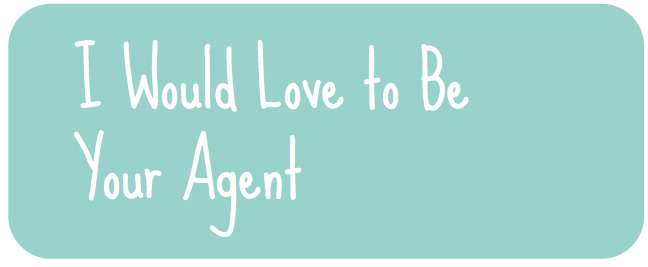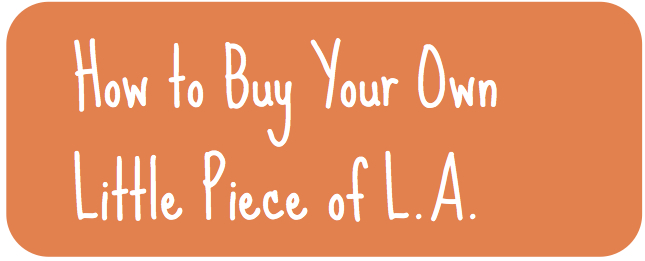Buying a House
Buying a House, in Brief
- Obtain a loan
- Contact an awesome real estate agent
- Determine what features you want in a house
- Be clear with your agent about what you like/don’t like
- Be realistic about what you want
- Fall in love – make an offer
Buying a House, in Detail
Is this good time to buy a home?
Yes. Prices are rising and inventory is still tight. So what’s good about this? Mortgage rates are still shockingly low. As someone who has purchased in “high” and “low” markets, the timing doesn’t matter as much as whether or not you’re ready and wanting to buy a home.
Should I buy a home?
Are you tired of renting? Do you feel renting isn’t giving you the benefits of home ownership? Are you tired of dealing with your landlord? Irritated that you can’t paint your walls green? This is something only you can answer. If the answers are motivating enough, you have the job history, savings and income to afford the purchase, consider it. You can also figure out how much house you can afford here.
How do I prepare to buy a home?
There’s no magic formula. Just make sure you meet the following requirements:
- Steady employment – 2 years at the same job shows banks you’re responsible
- Solid credit – FHA will lend with a 500 FICO, but you’ll need at least 3.5% down (see credit)
- Savings – the more the better (see loans)
- Find out how much house you can afford here
How do I improve my credit?
FICO scores fall between 300 and 850 with 60% of people landing between 650 and 799. Those in the 650-700 range are considered good. Scores between 700-750 is very good and 750 and up is considered great. Those with a “great” designation will get the most favorable rates and terms.
So how do you improve your score? Contrary to popular belief, you do need a degree of credit card debt/activity. Have at least 3 major credit cards (i.e. Visa, Mastercard, AMEX), not debit cards, use them and pay them off on time. Make sure you don’t max out your cards; keep your balances under 35% of the total card limit. Payoff and eliminate any store credit charge cards (i.e. gas cards, Nordstrom, Macy’s, etc.). You need at least 2 years of solid credit history to qualify for any loan. More on loans here.
What kinds of loans are there and how much do I need to save?
You can get an FHA government backed loan with a FICO score of 500, but you’ll need at least 10% down. If you have great credit, you can buy with as low as 3.5% down. While FHA loans offer more favorable down payment options, you’ll have to also deal with paying mortgage insurance on top of your mortgage payment, taxes and property insurance. This amount will tack on several hundred dollars more per month. On the plus side, FHA can also lend on 2-4 units up to specified amounts with minimal down payment.
A conventional loan means you’re coming in with 20% down. You’ll get the best rates and terms and won’t be bogged down with paying mortgage insurance.
As far as savings, how much you need depends on the type of loan you’re gunning for. Depending on the loan, you’ll need between 3.5% to 20% saved for down payment. Additionally, you’ll be required by most banks to have another 3% saved for closing costs and 2 months of estimated mortgage payments.
How do I buy a home?
Once you’ve determined that you’re ready to buy you’ll need to do the following:
- Qualify for a home loan – they’ll establish exactly how much house you can buy
- Contact an awesome real estate agent who can answer your questions
- Determine if you want to buy a condo or house
- Determine where you want to live
- Determine what features you really want in a house
- Explore homes in the neighborhoods you like
- Fall in love and make an offer
Should I consider a condo, multi-unit or single family home?
Again, this is only something you can determine. Things to consider:
- Condos Pros: Condos are usually cheaper and the price can sometimes afford you access to your 1st choice location. They’re relatively low maintenance with no yard and generally, no exterior upkeep costs.
- Condo Cons: Mandatory Homeowner’s Association (HOA) dues typically between $200-400 per month, HOA regulations may impose very strict rules that you have to abide by
- Multi-units Pros: Since you have a rental unit, your share of the mortgage may be significantly less than what you paid in rent.
- Multi-unit Cons: You may need to put more money down to obtain a loan. Also, since you’ll be a landlord, you’ll have to deal with tenant issues.
- Single Family Home Pros: You’ll have your own private home.
- Single Family Home Cons: You’ll have to pay for a gardener and exterior upkeep.
What happens after I’ve made an offer to buy a house?
Congratulations on falling in love and making an offer! This is what to expect for the next 30 days until your escrow closes.
- Offer accepted by seller
- Escrow is opened with buyer’s good faith deposit (usually 3% of the cost)
- You or your awesome agent will notify your lender that you have an acceptance
- “Contingency period” starts–17 days to do all property inspections
- Your bank will order the property appraisal to determine the value
- You’ll sign lots of real estate paperwork, including a TDS (Transfer Disclosures) where the seller reveals everything known about the property
- You’ll start getting lots of paperwork to sign from your escrow & title companies
- After your inspections, but before your contingency period expires, determine if you need to request repairs or credits for repairs from the seller
- Seller will either accept, counter or reject your request
- Assuming an agreement, you’ll get your loan documents in about 2 more weeks
- Sign your loan docs usually at the bank, at escrow or with a notary in your home
- Bring in your closing funds to escrow (remaining down payment + closing costs)
- Your loan will fund a few days later, record and you’ll get keys to your house
- Hire a moving company, turn on all utilities, forward all your mail
Questions? Click here.







